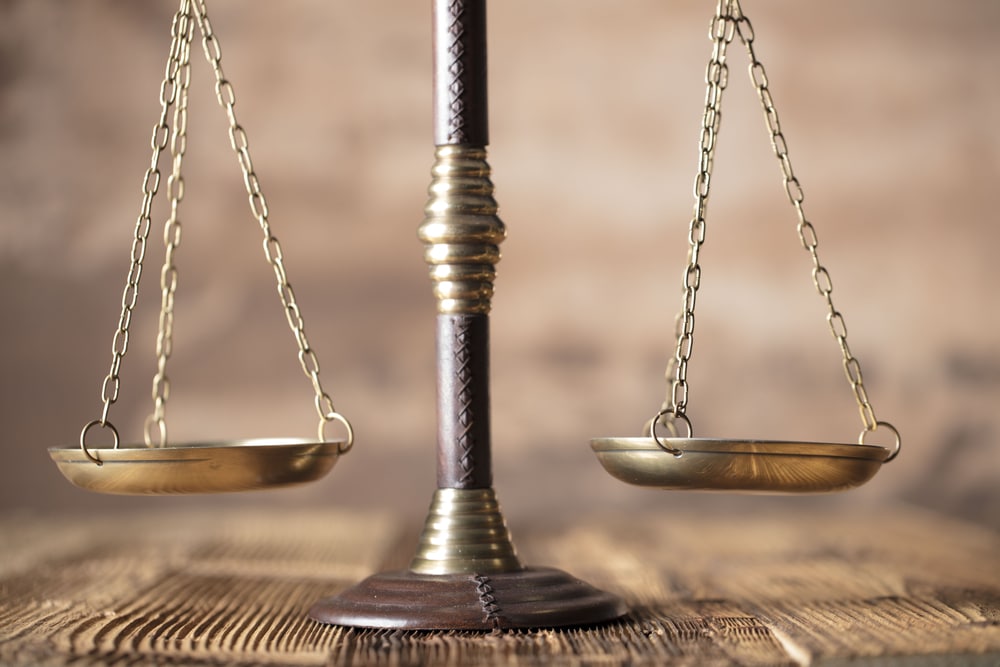Civil Defense VS Criminal Defense in 2023
The majority of criminal cases that are truly malicious in nature are actually quite small. Certainly, there will always be what the Judicial System calls “bad actors.” The majority, however, are simply crimes of passion, oversight, or bad judgment.
The Uniform Crime Reporting (UCR) data, as of 2023, tracks up-to-the-minute data on all crimes that result in injury and death and is current and searchable. While fluctuations do occur, the statistics show that intentional crime is rarer than the type of crime due to neglect or other outstanding circumstances.
Civil Defense/Criminal Defense Coincides
If injured by a third party criminally, or if an individual is charged with a criminal crime, there can be a cross-over into the civil defense realm. While awaiting either acquittal on criminal charges or awaiting compensation for injuries sustained due to a criminal charge, both perpetrators and victims have the option of seeking concurrent relief.
This simply means a negligence claim and a criminal proceeding can be ongoing. Criminal cases can take years as any charges must be proven beyond a “Reasonable Doubt.” Civil cases do not hold the same standard, and the process only entails what can be a “Preponderance of the Evidence” to succeed.
Prosecutors must prove a case thoroughly in a criminal hearing, while civil hearings are judged most simply by rational methods of thought and the progression of circumstances.

Dismissal of Criminal Charges
This is the number one reason someone who is a victim may proceed with a civil case. But, unfortunately, pain and suffering might still endure even when a defendant is found not guilty.
On the other hand, a non-guilty party also has the right to sue for damages to their reputations and their pain and suffering if they are found not guilty in a criminal case.
Many instances of these types of cases occur per year nationwide and even in PA. Harm can be caused on both sides of the spectrum, from the injured to the one accused of an injury or malicious behavior.
Prosecutors are very reluctant to bring criminal charges because of the high rate that these will be dismissed or overturned in appeal. This leads both those that are victims and perpetrators to seek out civil relief.
Civil and Criminal Proceedings Exceptions
As with everything legal, there are exceptions to any criminal or civil proceedings. Some of these include:
- Juvenile justice adjudications
Special circumstances can surround any involvement either as a perpetrator or a victim in juvenile justice cases. It does vary from state to state many times, and the age of the victim or perpetrator.
- Concurrent commission
Those that have overlapping traits that, in essence, would make the prosecution of many infractions a waste of time and money. This is also called “cumulative evidence.”
- Mental illness
While an extremely hard defense, it can be used successfully if proven beyond a shadow of a doubt.
- Aggravating circumstances
This is common actually and simply means that a victim might have provoked an attack or been involved in some way in starting a chain of events that led to a crime. An example of this is a scuffle that turns physical during an altercation or, in some cases, road rage by both parties.
- Self-defense
This mitigating circumstance means a person feels threatened and is trying to defend themselves from a perceived threat. However, the amount of force used must be equal to the perceived threat and not above the threshold necessary to avoid injury.
- Reasonable force in the line of duty
Some reasonable force employed by police officers or others in the public service can render them harmless from criminal charges and even civil negligence lawsuits if the evidence shows that the acts were done according to necessity and proper procedures.
Conclusion on Criminal VS Civil Defense
It is never wise for defendants or victims to represent themselves in civil or criminal negligence lawsuits. Too much is at stake. Moreover, the laws change frequently, and there are many aspects to each type.
Cornell Law and other government and legal entities provide up-to-date information to all attorneys. The only recourse, whether a victim, a person charged with a crime, or someone facing even the threat of prosecution or having been harmed, should seek out an attorney such as Christian J. Hoey, ESQ, of Paoli, PA.
Attorney Hoey has an entire team of experts on criminal and civil justice law as well as negligence. With decades of experience in both Federal and State laws that deal with the intricacies of both “sides of the coin” of this type of law, there is a free consultation, and the sooner a phone call to Attorney Hoey occurs, the more a client’s right is protected to the utmost.
For more information on all our law services, visit us at HoeyLegal.com or call us at (610) 647-5151.
